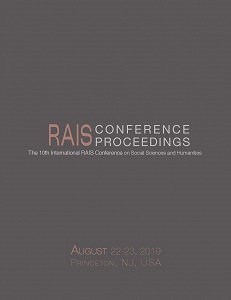Dropout from Higher Education in Colombia: A Peer Effects Approach
Dropout from Higher Education in Colombia: A Peer Effects Approach
Author(s): Carlos Andrés Rocha-Ruíz, Adriana Carolina Silva Arias, Jaime Andrés Sarmiento Espinel
Subject(s): Education
Published by: Scientia Moralitas Research Institute
Keywords: dropout; higher education; logit model; peer effects; social networks;
Summary/Abstract: Higher education dropout in Colombia has been an issue. One of each three students has not continued their undergrad studies. It is relevant to analyze associated factors with dropout in Colombian higher education. This study could be useful to analyze and mitigate this social problem. Literature about higher education dropout focuses in individual and socioeconomic characteristics associated with students’ dropout. However, peer effects in academic performance and dropout has been less studied. In that way, social relationships and peer interactions could influence student dropout. This article analyzes the incidence of peer effects on student dropout from undergraduate students in Colombia. We used SPADIES data from 1998 to 2015 (Sistema para la Prevención de la Deserción en las Instituciones de Educación Superior). The logit model estimated the incidence of peer effect on dropout undergraduate students. We found a statistically significant relationship between peers dropout and the probability to dropout of a Colombian undergraduate student.
Book: Proceedings of the 10th International RAIS Conference on Social Sciences and Humanities
- Page Range: 14-20
- Page Count: 7
- Publication Year: 2018
- Language: English
- Content File-PDF

